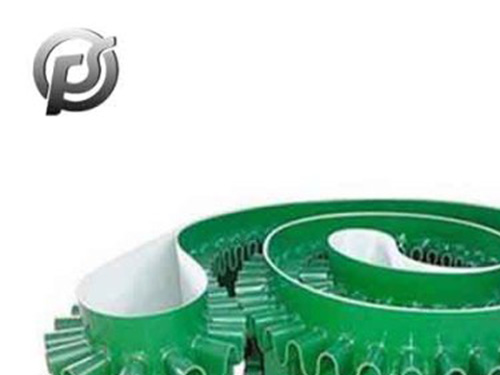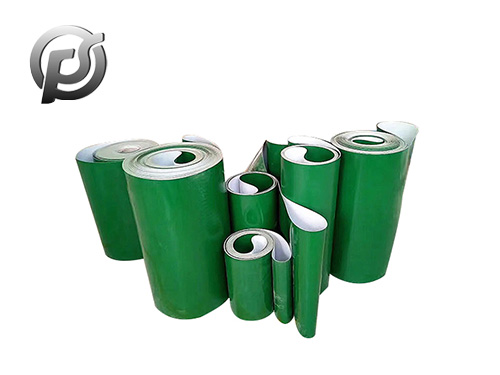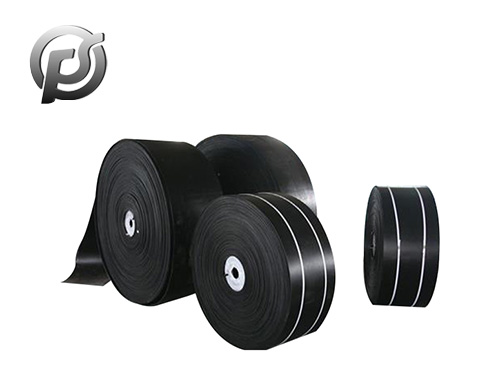Polyethylene (PE) conveyor belts are gaining popularity in various industries due to their unique properties and advantages. These conveyor belts, made from high-density polyethylene (HDPE) or low-density polyethylene (LDPE), offer numerous benefits over traditional conveyor belt materials. In this article, we'll delve into the advantages of PE conveyor belts and their applications across different sectors.
One key advantage of
PE conveyor belts is their exceptional durability and longevity. Polyethylene is inherently resistant to abrasion, corrosion, and chemical damage, making it ideal for conveying a wide range of materials, including abrasive substances, corrosive liquids, and food products. PE conveyor belts withstand harsh operating conditions and maintain their structural integrity over extended periods, reducing maintenance costs and downtime.
Moreover, PE conveyor belts offer excellent flexibility and versatility in design and configuration. They can be fabricated to meet specific application requirements, such as curved conveyors, incline conveyors, and spiral conveyors, allowing for efficient material handling in confined spaces or complex layouts. The flexibility of PE conveyor belts also enables smooth transitions between conveyor sections, minimizing product spillage and ensuring uniform product flow.
Additionally, PE conveyor belts are lightweight and easy to install, reducing labor costs and installation time compared to heavier conveyor belt materials such as steel or rubber. Their low friction surface reduces energy consumption and noise levels during operation, contributing to energy efficiency and a quieter working environment.
Furthermore, PE conveyor belts are hygienic and food-safe, making them suitable for use in food processing and packaging applications. The smooth surface of polyethylene prevents product contamination and buildup of debris, ensuring compliance with food safety standards and regulations. PE conveyor belts are easy to clean and sanitize, facilitating thorough hygiene protocols and minimizing the risk of cross-contamination in food production facilities.
In conclusion, PE conveyor belts offer a range of advantages, including durability, flexibility, ease of installation, and hygiene, making them a preferred choice for various industries. From manufacturing and distribution to food processing and pharmaceuticals, PE conveyor belts provide reliable and efficient material handling solutions for diverse applications. As industries continue to prioritize efficiency, safety, and sustainability, the demand for PE conveyor belts is expected to grow, driving innovation and advancement in conveyor belt technology.
 Stone Conveyor Belt: Enhancing Efficiency and Productivity in Material Handling
Stone Conveyor Belt: Enhancing Efficiency and Productivity in Material Handling
 Optimizing Operations with PE Conveyor Belts: Durability, Efficiency, and Versatility
Optimizing Operations with PE Conveyor Belts: Durability, Efficiency, and Versatility
 Exploring the Efficiency and Versatility of Light Conveyor Belts
Exploring the Efficiency and Versatility of Light Conveyor Belts